Plants ordered now will ship Spring 2026 🙂
Aster, Purple (Aster tataricus) potted plant, organic
Price range: $8.50 through $21.95
Family: Aster (Asteraceae)
Hardy to Zones 3 to 7
(Zi-wan, Tartarian Aster) Herbaceous perennial native to Asia, flowering in a columnar shape to 4 feet tall. The horticultural advantage is that the plant flowers very late in the autumn, presenting light-blue flowers at a time of year when this color is rather unusual. Flowers measure over an inch across, providing nectar to bees at a time of year when bees may otherwise starve. The dried root is used in Traditional Chinese Medicine: cough, phlegm. Easily grown plant prefers regular garden soil and full sun to part shade. These are indestructible. Space plants 1 to 2 feet apart.
Potted plant Certified Organically Grown

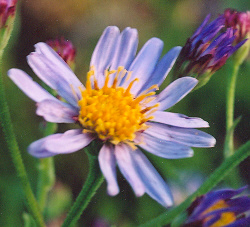

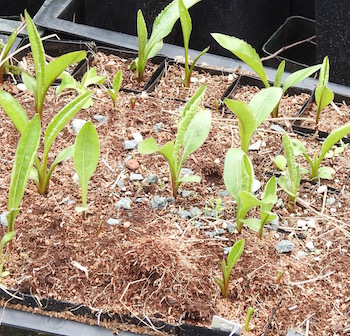

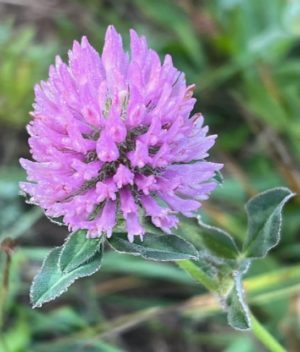
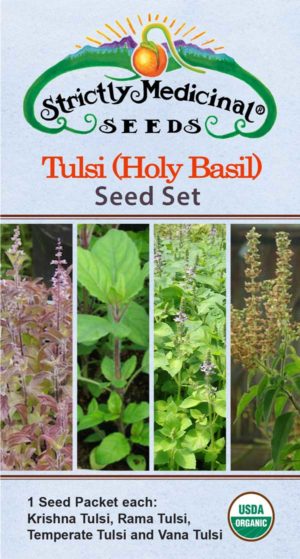
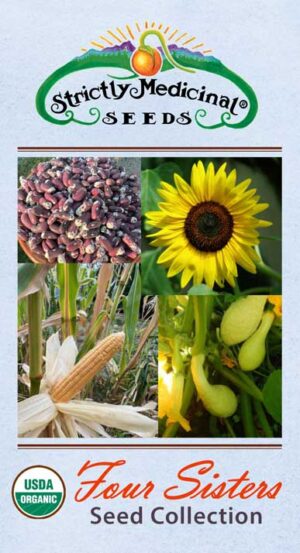
Lizzie (verified owner) –
I had totally forgotten I had planted this plant…It is flowering now in January in San Francisco, and the plant started flowering in December. The lilac color is quite beautiful, especially for this time of year! Not all medicinal plants are classically “ornamental” but this is planted amongst my roses, and is really quite beautiful. I plan on ordering more!
Upvote if this was helpful (3) Downvote if this was not helpful (0) Watch Unwatch Flag for removal
Richo Cech –
Hi there, yes, the purple asters are sleepers and tend to stay well-behaved, not rangy, and as you point out, provide winter color and nectar. Thanks for the useful info. Richo
Upvote if this was helpful (0) Downvote if this was not helpful (0) Flag for removal
mjh2287 –
Can this plant do well indoors?
Upvote if this was helpful (0) Downvote if this was not helpful (0) Flag for removal
Richo Cech –
Hi there! I wouldn’t consider it to be a good option, due to the size of the plant–I think it would be happiest communing with bees and butterflies that live outdoors.
Richo
Upvote if this was helpful (2) Downvote if this was not helpful (0) Flag for removal